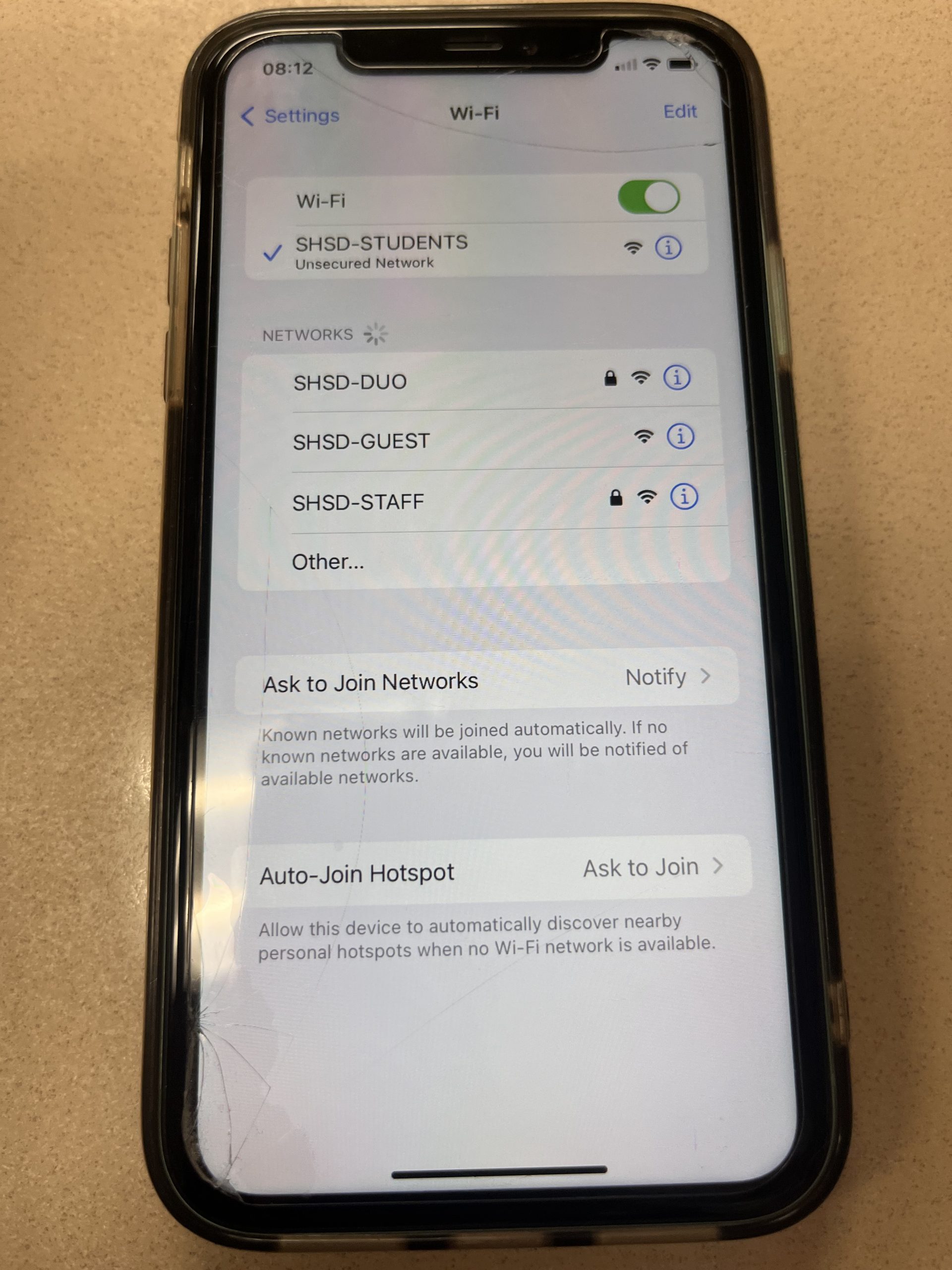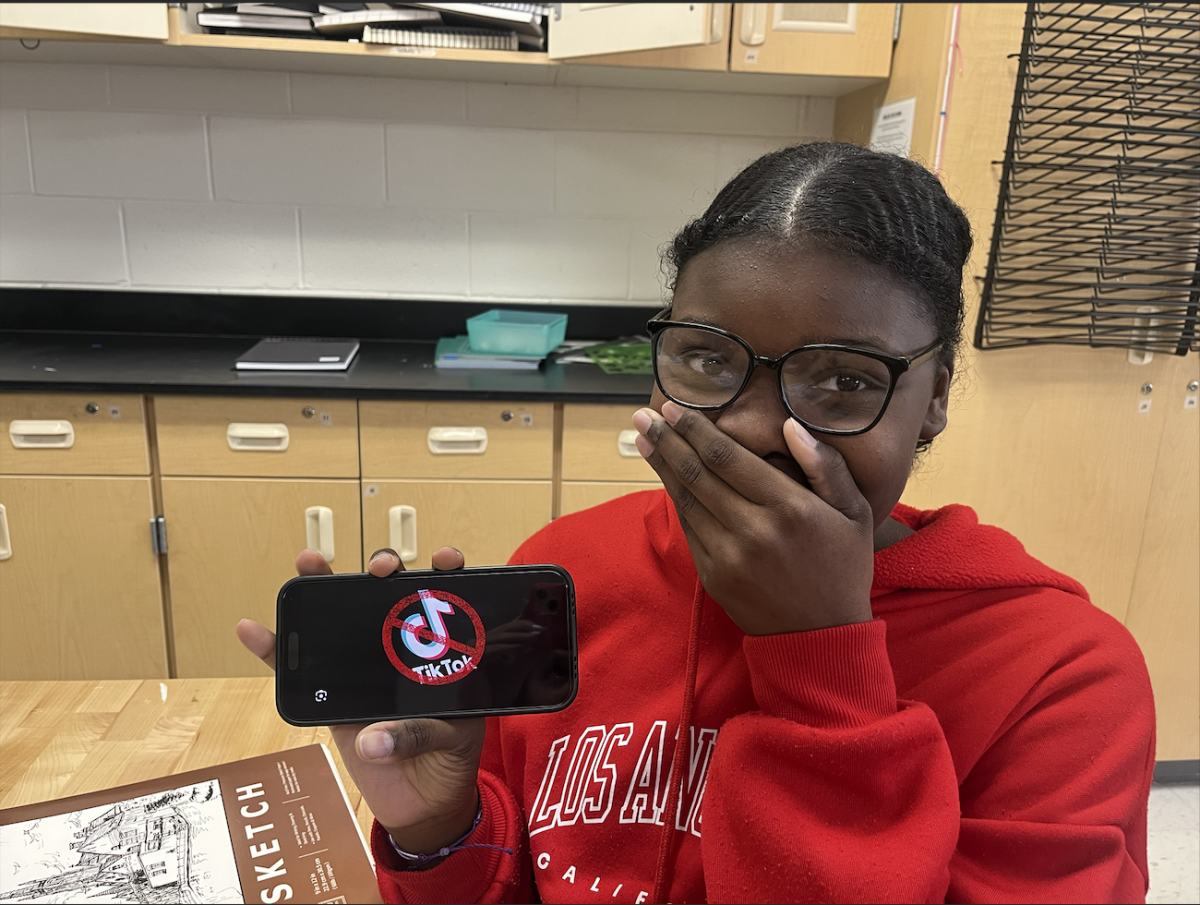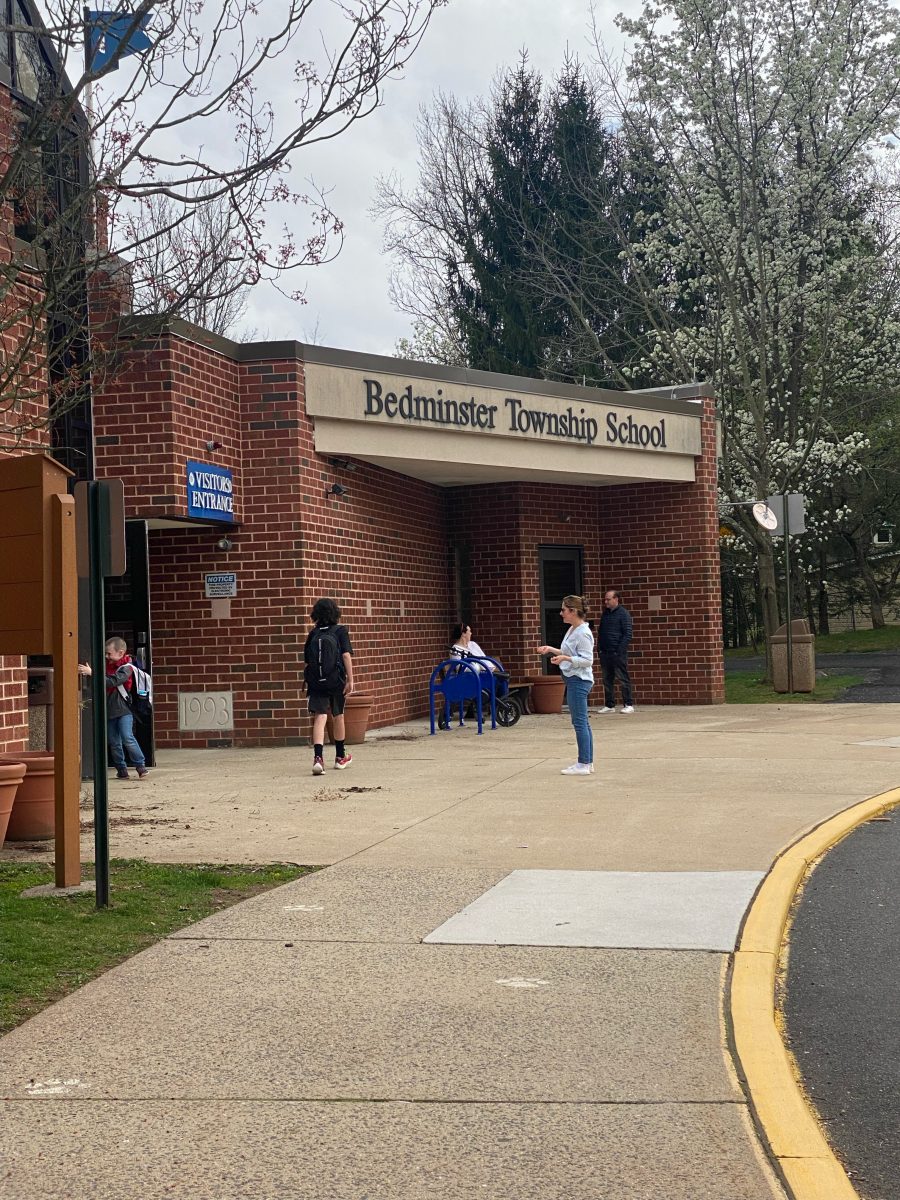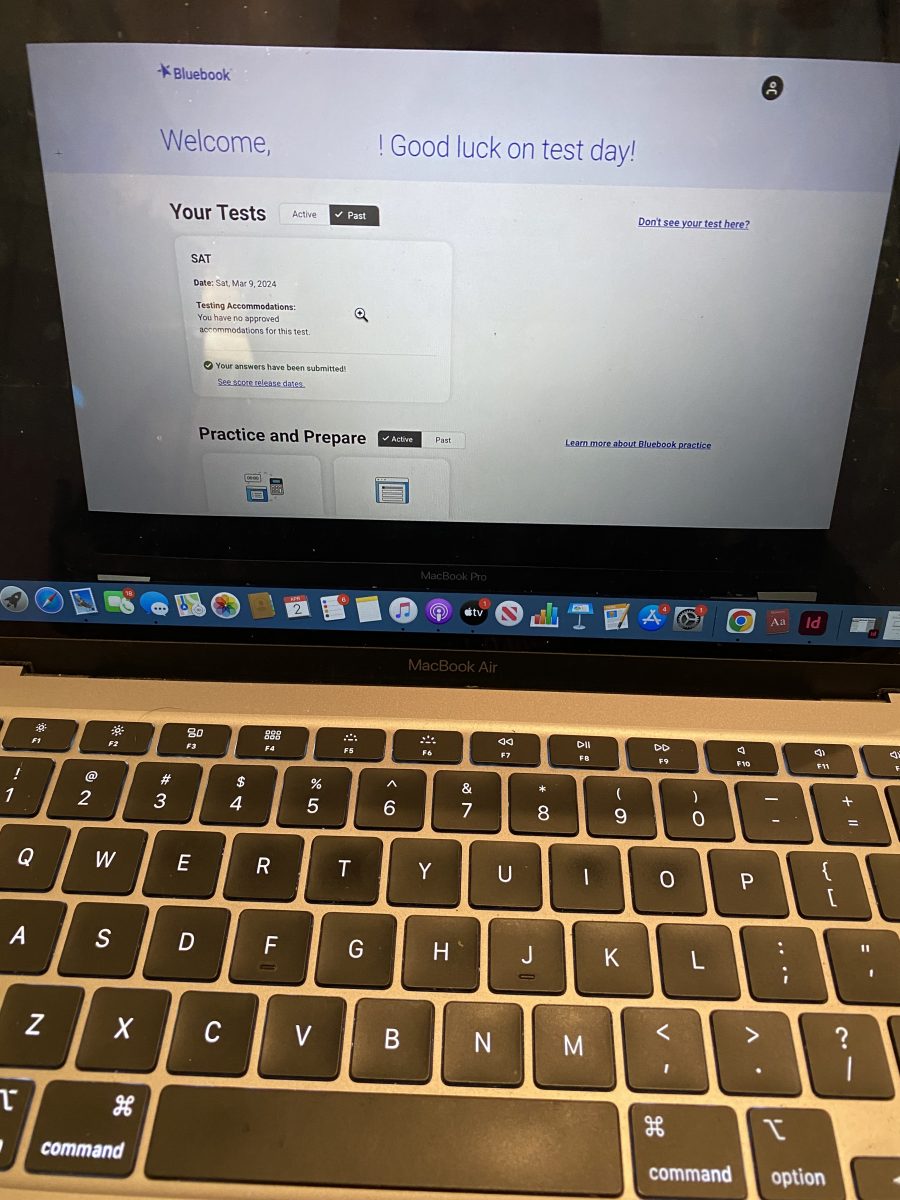Bernards High School has blocked social media and streaming platforms while using the school’s Wi-Fi. In addition to this, Bernards now tracks students’ activity online while using district owned devices, district accounts, or on the district network. This pops the question of whether these changes made to the school technology are warranted.
The school has blocked social media, gaming, streaming media, music and audio, and AI tools. These changes have shocked both BHS students and teachers. This has made things difficult for administrators, especially with the new software interfering with lesson plans involving certain websites. Due to the inconvenience this had caused, BHS is reworking certain features in order to unblock the websites and social media needed for administrative use.
According to Dr. Neigel, “Most of the sites that are blocked now should have always been blocked, but the previous content filter was less effective then the new one.”
Although this was an adjustment for BHS students, it has always been part of the school’s policies and procedures to prevent the usage of certain websites and social media. There was an issue with the previous software, which was ineffective in blocking the sites and social media that the current has blocked. The school has used this new technology to “limit non-education sites” and “for the network to be used for instructional technology,” according to Dr. Neigel.
While this is helpful for maintaining a school appropriate environment, the blockage of certain websites has made it difficult to complete certain assignments. The block has prevented the use of certain websites and videos that are required for completing schoolwork.
As well as the change to social media restrictions, there has also been a recent software update that tracks student activity while using school-issued technology or on the schools network. This was put in place to prevent students from typing inappropriate words or phrases while in the school setting. This is an AI powered search that alerts the school if certain trigger words are being used.
“Anything that is typed, not just search engines; it could be a google doc, snapchat, text messages,” said Dr. Neigel, “this is a good lesson—students need to be cognitive of the words they use when they’re talking, but also while they’re typing.”
Words or phrases will get flagged regardless of whether a text has been sent or just typed; if a trigger is used, no matter how brief, AI will send a notification to the school. Any words or phrases that are inappropriate or surround harmful behavior will be reported to the school.
“I feel that I can’t research or type certain things required for projects and other work because my activity is constantly being watched,” said Elizabeth Chen ‘26.
This will not affect how school assignments should be done. The school takes account of whether trigger words are used for assignments in certain classes, realizing that some may be more prone to using certain phrases.
“The IT Department and the District administration with Board of Education members are genuinely concerned with student health, wellbeing, and education experience,” said Jeremy Schwarz, Information Technology Manager for BHS, “We are trying to make this as safe as possible for everyone and provide the tools for the student success with taking away some of the potential distractions that have no real place in the classroom or during school hours.”
It is understandable that students perceive the tracking software as something to be wary of, however, it should be understood that by signing onto any internet (school or otherwise), a person is agreeing to surrender their privacy.
Dr. Neigel sent out a warning to students, advising them against using inappropriate language that could trigger the system. While it is respectful to inform the students of the new tracking software, it may dissuade students from talking about their feelings while in a school setting. The new software is supposed to enforce school policy while in school setting, but also protect a students mental health.
By warning students about the software, it is less likely that students will voice their thoughts while in a school setting. This could prolong the negative interactions until outside of a school setting; and, cause those suffering with their mental health to keep their feelings boxed inside, therefore leading to more detrimental effects later on.
While there are pros and cons to the changes that have occurred to the internet, ultimately they lead to a more school appropriate online environment.










Jason • Feb 5, 2024 at 10:48 am
The fact that the school has gone so far as to install spyware on the private devices of students is enough proof that this policy has no moral justification. There is no way for Wi-Fi monitoring alone to detect what someone has typed or what page of a website they’re on.
Also, I doubt that the “accounts for whether words are used for assignments in certain classes” part of the policy will translate into practice at all. While at another high school which used similar software, I was researching information to flesh out the details of a creative writing assignment. My search for information led me to pages which the school blocked, and they punished me for looking at “firearms-related content” despite the clear academic purpose.